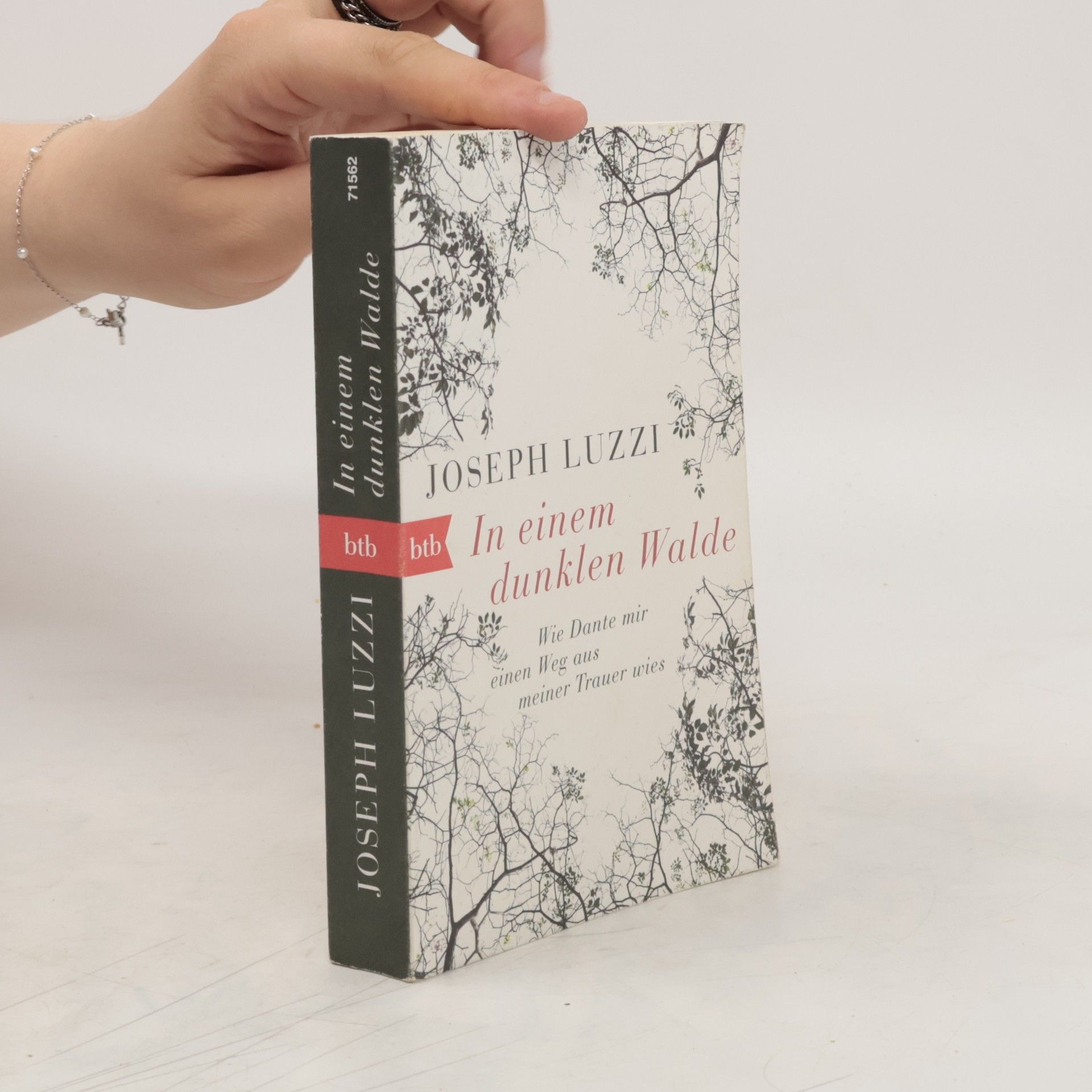"A new volume in the Lives of Great Religious Books series, this book explores the creation and cultural afterlives of Dante Alighieri's Divine Comedy"--
Joseph Luzzi Book order (chronological)
Joseph Luzzi, a professor of Italian, delves into the depths of Italian culture and literature. His work explores the intricate connections between Italy and artistic expression, often revealing the unseen threads that bind the past to the present. Luzzi's writing is characterized by insightful analysis and a sensitive appreciation for the nuances of artistic works, offering readers a rich and stimulating experience.



Botticelli's Secret
- 352 pages
- 13 hours of reading
A New Yorker Best Book of 2022 A Guardian Book of the Day “Brilliantly conceived and executed, Botticelli's Secret is a riveting search for buried treasure.â€â€”Stephen Greenblatt, author of The Swerve
An einem kalten Morgen im November hetzt Joseph Luzzi, Dante-Forscher und Dozent am Bard College im Bundesstaat New York, ins Krankenhaus - seine Frau Katherine, die im achten Monat schwanger ist, hatte einen schweren Verkehrsunfall. VOn der einen Sekunde auf die andere ist Luzzi Witwer und Vater zugleich. Um vor seiner Trauer fliehen zu konnen, kummert Luzzi sich - zusammen mit seiner Mutter - um seine kleine Tochter und sturzt sich vor allem in Arbeit. ER studiert und analysiert Dantes Gottliche Komodie intensiver als er es je zuvor getan hat. DUrch das epische Gedicht des italienischen Philosophen, lernt Luzzi mit seiner Trauer umzugehen und einen Weg hinaus zu finden. AUf Dantes Spuren wird Luzzi nach und nach aus seinem "dunklen Walde" gefuhrt, von der Holle uber den Lauterungsberg bis hin ins Paradies der wiedergefundenen Liebe.